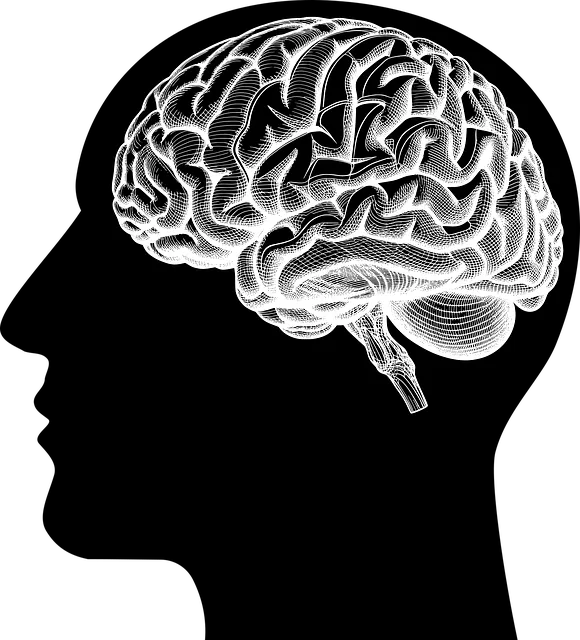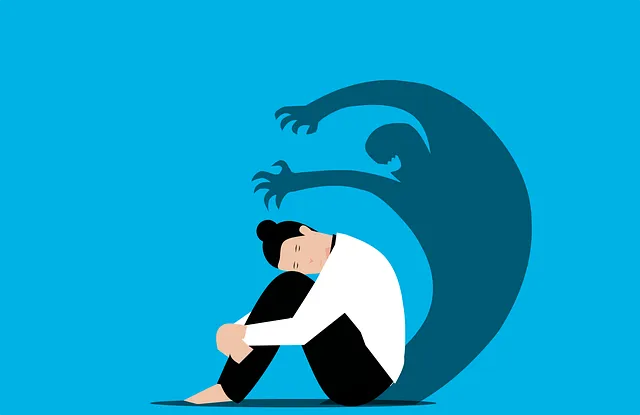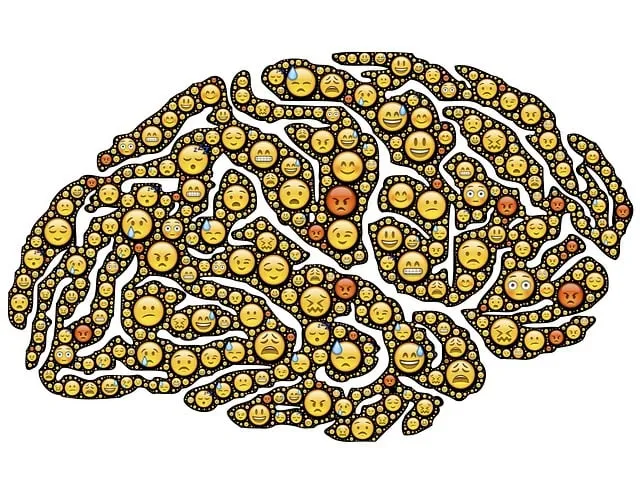The stigma surrounding mental illness significantly hinders recovery by encouraging feelings of shame and isolation. Superior Kaiser Permanente mental health services combat this through awareness campaigns, comprehensive programs like education, cultural competency training, stress management workshops, and support groups. Their goal is to reduce stigma, enhance emotional intelligence, provide tools for mood regulation, and foster a community that embraces understanding and compassion for mental health challenges, all measured by the Superior Kaiser Permanente mental health services number.
Mental illness stigma remains a significant barrier to accessing quality care. This article explores comprehensive strategies for stigma reduction, drawing from successful initiatives like those at Kaiser Permanente, recognized for its superior mental health services. We delve into the profound impact of stigma on individuals and society, analyze innovative approaches, discuss evidence-based strategies, and examine key metrics for evaluating the effectiveness of stigma reduction efforts. By understanding these components, we can foster a more supportive environment for those facing mental health challenges.
- Understanding the Impact of Stigma on Mental Health
- Kaiser Permanente's Approach to Reducing Stigma
- Effective Strategies for Stigma Reduction in Mental Health Care
- Measuring Success: Evaluating the Effectiveness of Stigma Reduction Efforts
Understanding the Impact of Stigma on Mental Health

The stigma surrounding mental illness can have profound effects on an individual’s well-being and recovery journey. It often acts as a barrier, preventing people from seeking help and support for their mental health struggles. When society stigmatizes conditions like depression, anxiety, or bipolar disorder, it creates an environment where individuals might feel ashamed, leading to isolation and reduced self-worth. This internalized stigma can make it challenging for them to manage their symptoms effectively, hindering progress towards a healthier mind.
At the Superior Kaiser Permanente mental health services number, we recognize the need to combat this pervasive issue. By raising awareness and offering exceptional care, our goal is to enhance emotional intelligence and provide tools for mood management. Through various initiatives, we strive to rebuild societal perceptions, ensuring that those facing mental health challenges are met with understanding, compassion, and support, ultimately fostering a more inclusive and informed community.
Kaiser Permanente's Approach to Reducing Stigma

Kaiser Permanente has been at the forefront of mental health stigma reduction through a multifaceted approach. They prioritize mental health education programs designed to increase awareness and dispel myths surrounding mental illness. By engaging both their members and the wider community, Kaiser Permanente ensures that accurate information about mental health conditions is widely accessible.
In addition, the organization invests heavily in healthcare provider cultural competency training. This equips medical professionals with the skills to offer empathetic, non-judgmental care tailored to diverse populations. The goal is to create an environment where individuals feel safe seeking help without fear of stigma or discrimination. Kaiser Permanente’s commitment extends further with stress management workshops that empower individuals with coping strategies for everyday challenges, fostering resilience and early intervention for potential mental health issues.
Effective Strategies for Stigma Reduction in Mental Health Care

Stigma reduction is a multifaceted approach that requires concerted efforts from healthcare providers, community leaders, and individuals alike. One of the most effective strategies involves education and awareness campaigns that dispel myths about mental health conditions. By integrating Superior Kaiser Permanente mental health services into these initiatives, communities can ensure access to evidence-based treatments and support. These services play a pivotal role in fostering understanding and empathy, as they provide resources tailored to diverse populations, including workshops on stress management and burnout prevention.
Moreover, Resilience Building programs have proven effective in countering stigma by empowering individuals with coping mechanisms and enhancing their overall well-being. Engaging in open conversations about mental health struggles and normalizing these experiences can significantly contribute to reducing the associated shame. Encouraging participation in support groups and peer mentorship programs further solidifies this shift, fostering a sense of community and belonging for those facing mental health challenges.
Measuring Success: Evaluating the Effectiveness of Stigma Reduction Efforts

Measuring success is a vital aspect of evaluating the effectiveness of stigma reduction efforts for mental illness. It’s not enough to simply implement initiatives; there must be a systematic approach to assess their impact on society’s perception and treatment of individuals with mental health conditions. The Superior Kaiser Permanente mental health services number serves as a powerful metric, offering insights into the accessibility and satisfaction levels of these services, which can indirectly reflect public sentiment shifts.
Through surveys, studies, and community feedback, organizations can gauge changes in attitudes towards emotional well-being promotion techniques, emotional intelligence, and communication strategies. These tools enable mental health advocates to identify what’s working and what needs refinement, ensuring resources are allocated efficiently to create lasting positive change.
Mental illness stigma reduction is a multifaceted approach, and as demonstrated by superior Kaiser Permanente mental health services, proactive initiatives can significantly improve outcomes. By implementing effective strategies such as education, policy changes, and supportive environments, we can foster understanding and acceptance in society. Measuring the success of these efforts is crucial to refining and scaling up programs that truly make a difference in the lives of those affected by mental illness.






